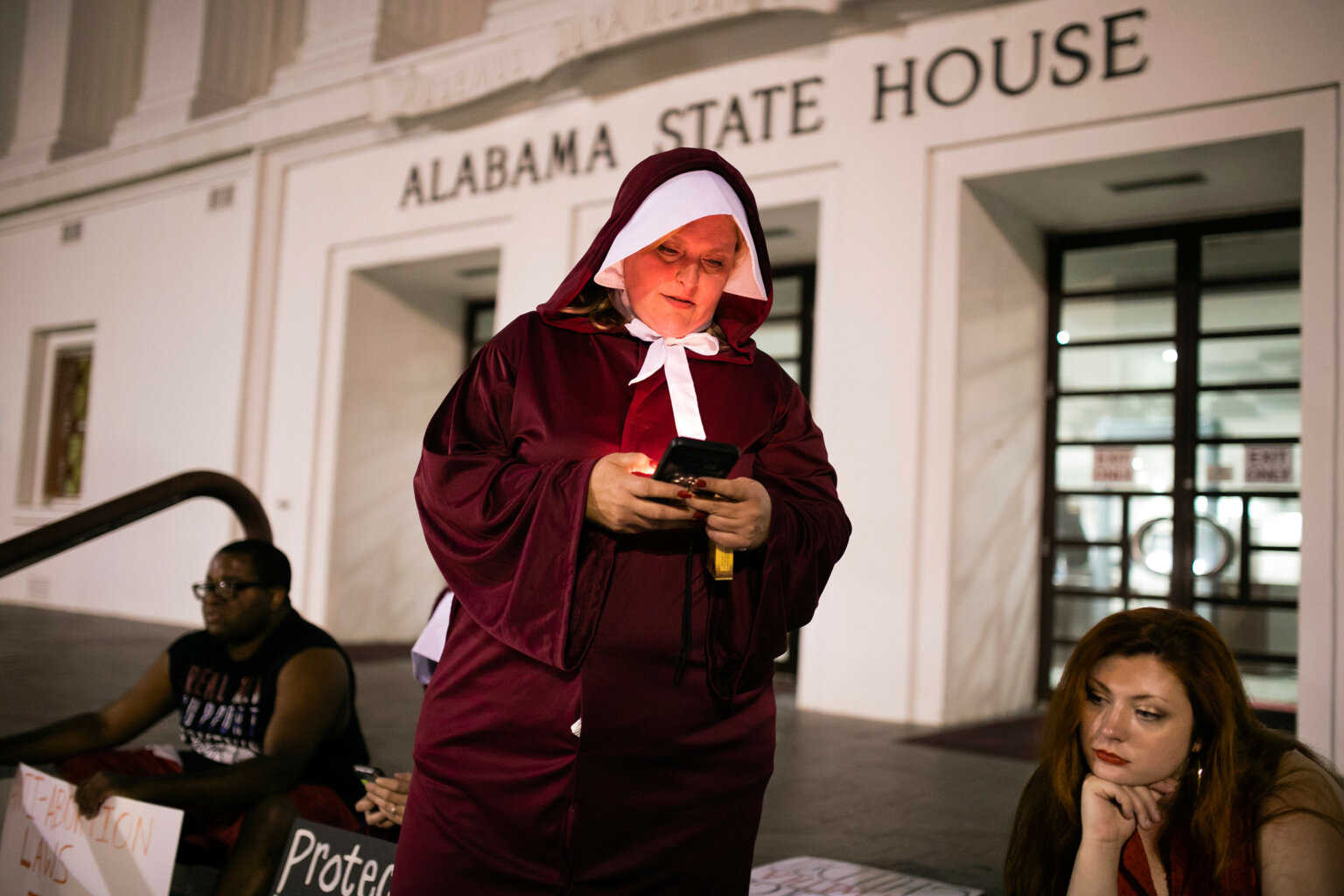- About
- Topics
- Picks
- Audio
- Story
- In-Depth
- Opinion
- News
- Donate
- Signup for our newsletterOur Editors' Best Picks.Send
Read, Debate: Engage.
A lawsuit filed by the state of Louisiana seeks to prohibit third party entities from challenging states' abortion restrictions on behalf of patients, placing the burden of suing the state governments on individual women. On 4 March, the Supreme Court will consider oral arguments on the case. Ruling in favour of Louisiana could deal a devastating blow to reproductive autonomy through mere technicalities.
Across the country, states have mounted harsh restrictions on abortion, making it harder and harder for women (especially of racial minorities and low income backgrounds) to access services. The ‘heartbeat bills’, which spread like wildfire across the South, ban abortion once a fetal heartbeat is detected (something that usually occurs before the women is aware of her pregnancy).
Other restrictions include requiring providers performing abortions to have admitting privileges in a nearby hospital - something that is extremely hard to obtain for doctors dealing exclusively with abortion, since it is such a low-risk procedure.
So far, women’s rights organisations and clinics performing abortion have launched lawsuits challenging such restrictions on behalf of the women themselves, a legal standard that applies in instances when an individual may face impediments if they filed on their own.
The State of Louisiana, however, asserts in its lawsuit that the third-party privilege should not apply in abortion cases, arguing that the clinics do not have a close relationship with the women involved and that any fears of stigma are essentially nonsensical. “The notion that women considering abortion are unable to assert their own rights is a legal fiction,” the Louisiana Department of Justice writes in its petition.
Let us make one thing clear: the process of suing a state government over its laws is lengthy, exhausting, complex, and expensive. Placing the burden of having to challenge abortion restrictions on individual women who are already enduring a physically and emotionally traumatic experience - and in some cases are financially incapable of embarking on a legal battle of this magnitude - is cruel and inhumane.
On the same day that it considers this lawsuit, the Supreme Court will hear arguments about another abortion case coming from Louisiana - one which demands that providers performing abortions have admitting privileges at a hospital within a 30-mile radius.
This restriction by Louisiana was already struck down by the Supreme Court back in 2016, when it ruled in the Whole Woman’s Health v. Hellerstedt that this law violated the U.S. constitution. It might be hard to convince the Court to revisit an issue on which it already delivered a decisive ruling; yet with two new conservative justices on the bench, it is certainly within the realm of possibilities.
In the meantime, the White House has filed a brief in which it urges the court to side with Louisiana on restricting abortion and disregard its 2016 decision.
But even if the court decides to discard the lawsuit concerning admitting privileges, it could still significantly restrict women’s abortion access by ruling in favour of Louisiana on the case barring third parties from mounting legal challenges. This way, the court could cause potentially irreversible damage to reproductive independence and reverse decades of progress on women’s rights, without touching the landmark Roe vs. Wade decision (1973) legalising abortion across the United States.
Image: The Center for Reproductive Rights
